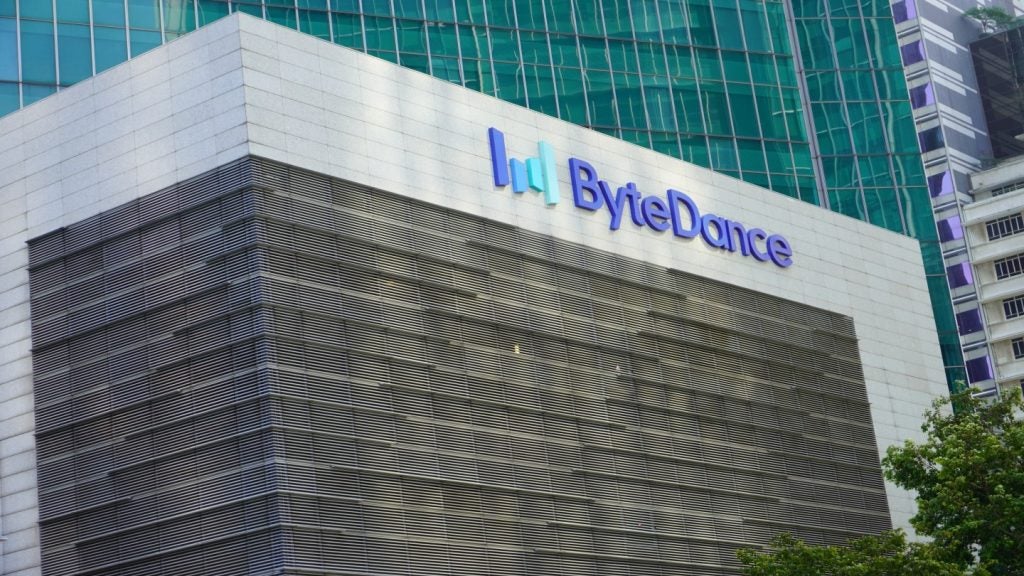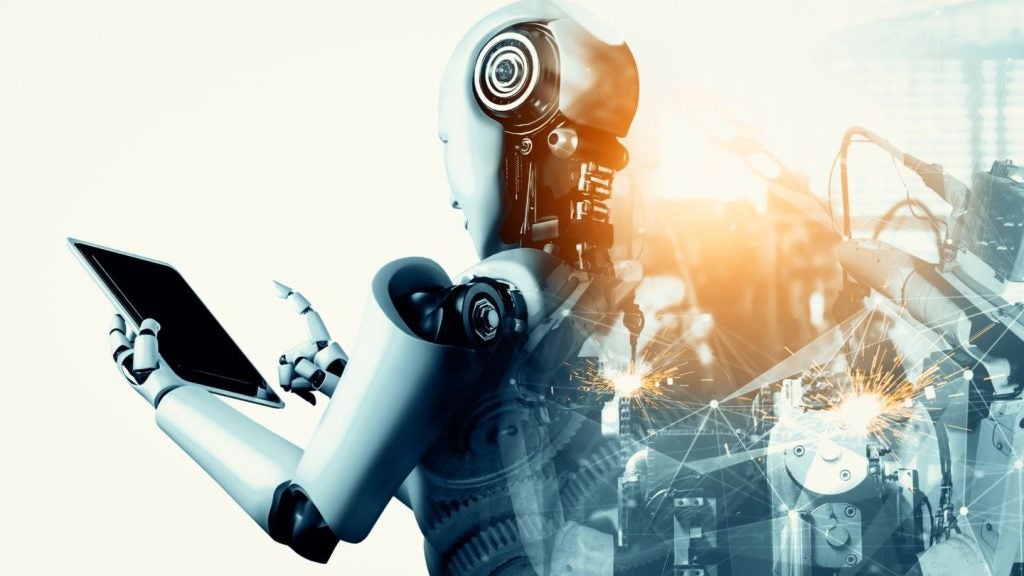
David Meltzer is the CTO of cybersecurity company Tripwire. The company was founded in 1997 and was acquired by Belden, a provider of signal transmission solutions for mission-critical applications, in 2014.
Meltzer joined Tripwire in 2013 after serving as CTO at Sonicity, Cambia Security and nCircle. As such, he is well-versed in the growing threat of cybercrime, something that has been highlighted again recently in a thematic research report from GlobalData.
Several cybersecurity experts have warned that digital threats will continue to loom over businesses in 2022.
In the latest Q&A in our weekly CTO Talk series, Meltzer reveals how he first became interested in tech, why he dropped out of school and why he believes that artificial intelligence has a key role to play in companies’ digital defences.
Eric Johansson: Tell us a bit about yourself – how did you end up in your current role?
David Meltzer: I first got interested in hacking into computers as a teenager, to get access to expensive servers, from companies like Sun and SGI, that I had no access to myself. I got my first job writing software when I was 15, and this combination of software development and hacking became an obsession. I went to college for computer science, and one of my friends I met online had started a company writing software to find vulnerabilities the same kind of way I was doing it in my spare time between classes. I dropped out to go work with him – eventually I graduated eight years later – and from there left and started two of my own companies. The cybersecurity startup I founded in 2002 went through three progressively larger acquisitions, and each time I stuck around to help lead the bigger companies.
Where did your interest in tech come from?
My family bought an Apple ][e and a Hayes Micromodem when I was a kid. At first, my interest was playing video games. Soon, I figured out my modem unlocked access not only to a whole new world of games I could play, but also the ability to communicate and learn new things from others around the world. Through calling into bulletin boards, and using services like CompuServe and QSD, I connected with like-minded nerds. Later on, I was able to use a local university’s free systems to get to the Internet.
How well do you really know your competitors?
Access the most comprehensive Company Profiles on the market, powered by GlobalData. Save hours of research. Gain competitive edge.

Thank you!
Your download email will arrive shortly
Not ready to buy yet? Download a free sample
We are confident about the unique quality of our Company Profiles. However, we want you to make the most beneficial decision for your business, so we offer a free sample that you can download by submitting the below form
By GlobalDataWhich emerging technology do you think holds the most promise once it matures?
The use of artificial intelligence is still very much in its infancy in cybersecurity, but as it continues to develop, it will be a key enabler giving organisations a leg-up in defending from advanced threats. The challenge will be keeping ahead of the malicious use of AI to exploit systems.
How do you separate hype from genuine innovation?
Innovation is tangible. There is a meaningful job to be done, an objective to be achieved, that is now more effective, productive, cheaper, faster. When I hear a laundry list of things that could be done, but the actual practical application is very hard to pin down, or isn’t all that much better than the alternative, it’s good to be sceptical.
What one piece of advice would you offer to other CTOs?
I always found it easy to keep up on the latest technology trends, because that is what I am naturally interested in. Put a real focus on developing your skills in areas outside of technology, especially the ones that you find less comfortable. Being good at things like developing talent, sales process, product management discipline, and finance will help you be more impactful.
What’s the most surprising thing about your job?
How little it has to do with technology sometimes. While sometimes I miss being hands-on writing code, being able to simplify and clearly communicate the value of the technology our team builds is often as much the role of a CTO as developing it.
What’s the biggest technological challenge facing humanity?
Disinformation. Well intentioned people have created systems meant for helping improve our connectedness as humans, but these systems are being actively exploited by malicious actors for their personal gain.
What’s the strangest thing you’ve ever done for fun?
I bought five pounds of Silly Putty and brought it into the office. The giant ball of silly putty was dropped from the roof of the building, likely in violation of numerous lease provisions at the time, and then it made its way to a local bar, until ultimately it ended up at my house for a silly putty party. Note to others: silly putty is not easily removed from carpet.
What’s the most important thing happening in your field at the moment?
The actions of governments around the world – in focusing on making improvements to cybersecurity for critical infrastructure and taking diplomatic and law enforcement action against nation-state protected threat actors. These are challenges that no individual company, industry, or country can win by themselves.
In another life you’d be?
I have a minor in Psychology and in college interned at a psychiatric institute. I often think my psychology education is more applicable to my day-to-day job than my computer science degree. A psychologist would be my alternate life plan.








